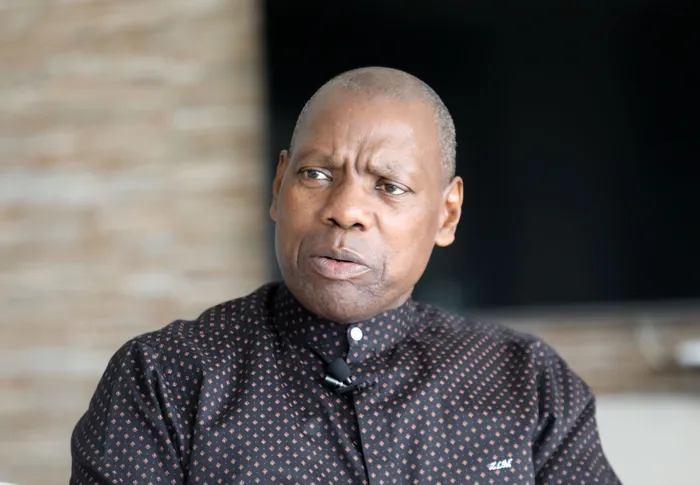Mkhize under fire as SIU uncovers new evidence in R150 million digital vibes scandal

Fresh SIU evidence alleges money laundering, bogus deals, and unlawful gains tied to former Health Minister Dr Zweli Mkhize and associates.
Image: File
The Special Investigating Unit (SIU) has secured court approval to introduce new evidence allegedly exposing how former Health Minister Dr Zweli Mkhize, his family, and associates benefited from Digital Vibes, in a scandal involving R150 million.
The Special Tribunal granted the SIU permission to introduce the evidence in its case.
The new affidavit, described by the SIU as “crucial”, is expected to bolster the case by detailing how public funds were allegedly laundered through sham business transactions, with at least R11.5 million disguised as cattle purchases.
Investigators say the money ultimately benefited Mkhize’s wife, son, and business affiliates.
SIU spokesperson Kaizer Kganyago said the new evidence exposes money laundering without services provided.
“We wanted to introduce crucial evidence that shows certain respondents received money without rendering any service... If this was not introduced, therefore, the main case we are dealing with might be decided without the kind of information that was gathered,” he said.
The Digital Vibes contract was originally intended to support public awareness campaigns for the National Health Insurance (NHI) and later COVID-19 communications.
However, the SIU alleges the procurement process was irregular, and the contract became a vehicle for systemic corruption and personal enrichment.
Funds were allegedly channeled through a network of companies and individuals with close ties to Mkhize, including family members.
The SIU maintained that these transactions had no legitimate basis, constituting fraud and money laundering.
While some implicated companies have voluntarily repaid portions of the funds, the Special Tribunal emphasised that repayment does not absolve liability under the Prevention of Organised Crime Act (POCA).
The tribunal reaffirmed that unlawful financial gains — even when partially returned — remain prosecutable offences under anti-corruption laws.
The court has not yet ruled on the formal admission of the new affidavit, but a decision is expected imminently.
Meanwhile, the main case continues to unfold before the Special Tribunal.
In essence, the scandal exposed deep issues of corruption, nepotism, and abuse of public funds during a national health crisis.
kamogelo.moichela@iol.co.za
IOL Politics